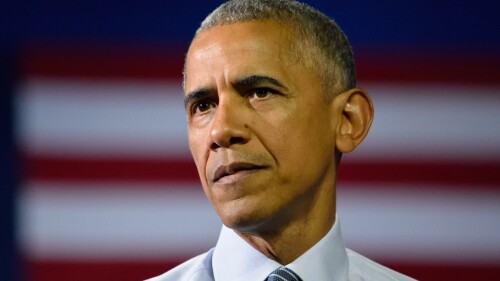Phares, a once-advisor to Mitt Romney, offers unstructured thoughts in a book about the Arab uprisings with two main objectives: to remind the world that the author accurately predicted them and to plead for a tougher U.S. policy in the Middle East.
Throughout the book, Phares hails himself as a man of vision who “foresaw what was to be called the Arab Spring.” Statements such as “I felt the moment was right to issue strong warnings to the West” drag along, to the probable annoyance of most readers. Phares even claims to have foreseen the attack on the U.S. consulate in Benghazi.
Phares chides the Obama administration for seeking “a partnership with the Muslim Brotherhood” and abandoning the cause of democracy in the Middle East. At the same time, he justifies the overthrow of Mohamed Morsi in Egypt on the grounds that “being elected alone isn’t a guarantee of democracy.”
In fact, Phares ranks the destruction of Islamism as the highest priority, even if this entails years of violence. For him, the only solution for the travails of Arab societies is to cut off “the Jihadist ideology at its roots.” He does not allow for a situation where expanding civil societies can apply persistent pressures on the Islamists to modify their political perceptions and eventually coerce them to accept the concept of the civil state. Phares seems uninterested in seeing Arab political systems mature.
The book has a slapped-together quality. For example, Phares inaccurately refers to the Levant as a separate geographical entity from Syria, Lebanon, and the Palestinian Authority. He mistakenly calls former Egyptian president Husni Mubarak an Arab nationalist. He refers to Bahrain as an oil-rich country with only a slight Shiite majority. He suggests that Saudi men have become politically empowered.





